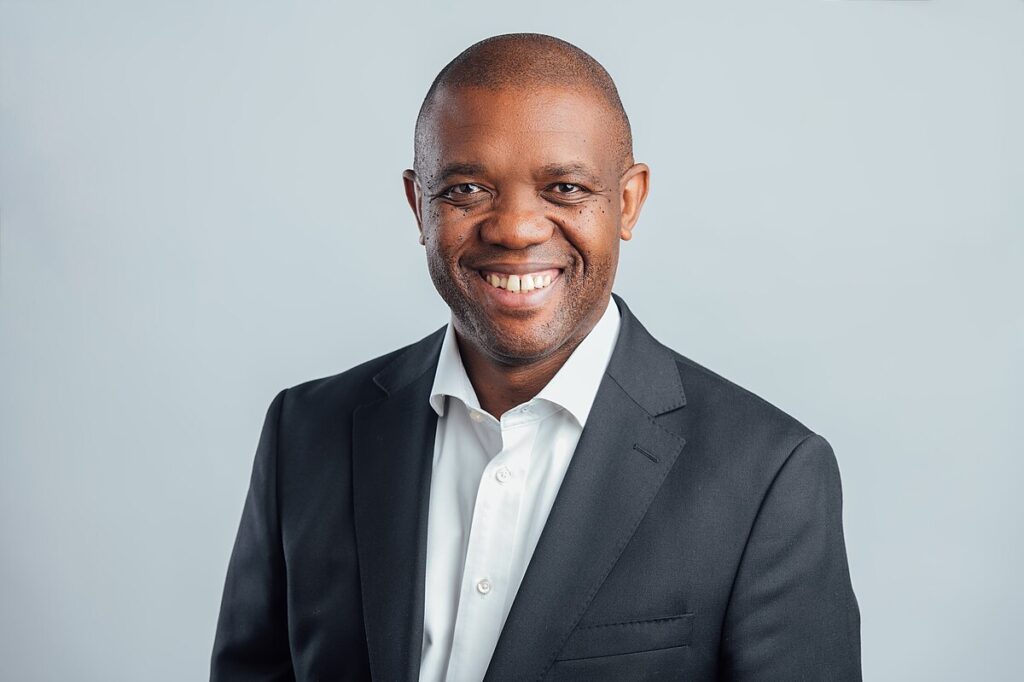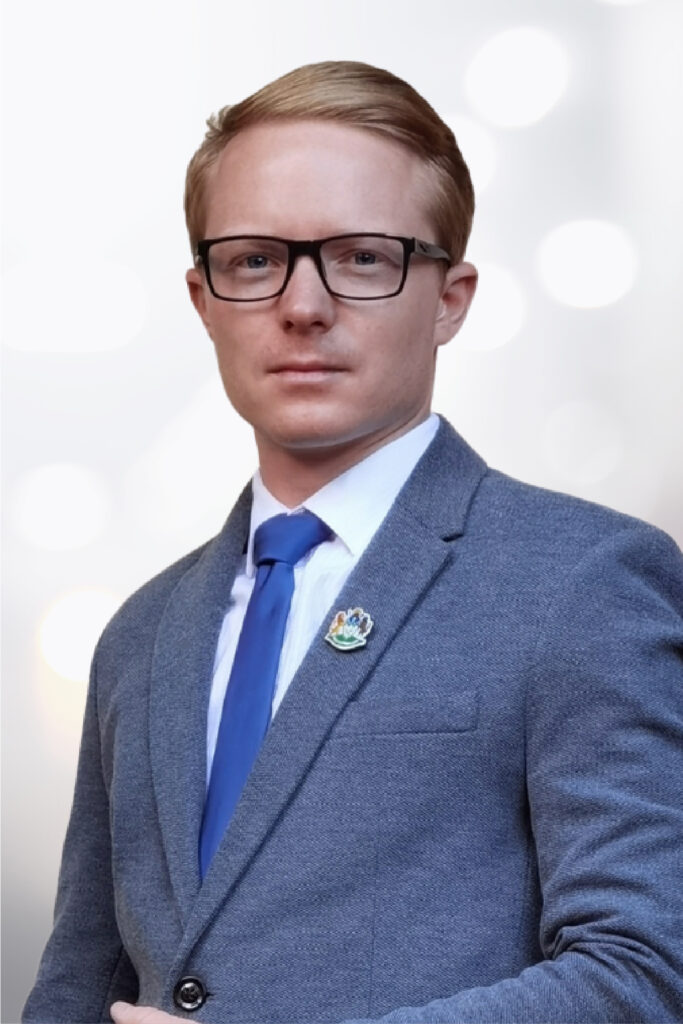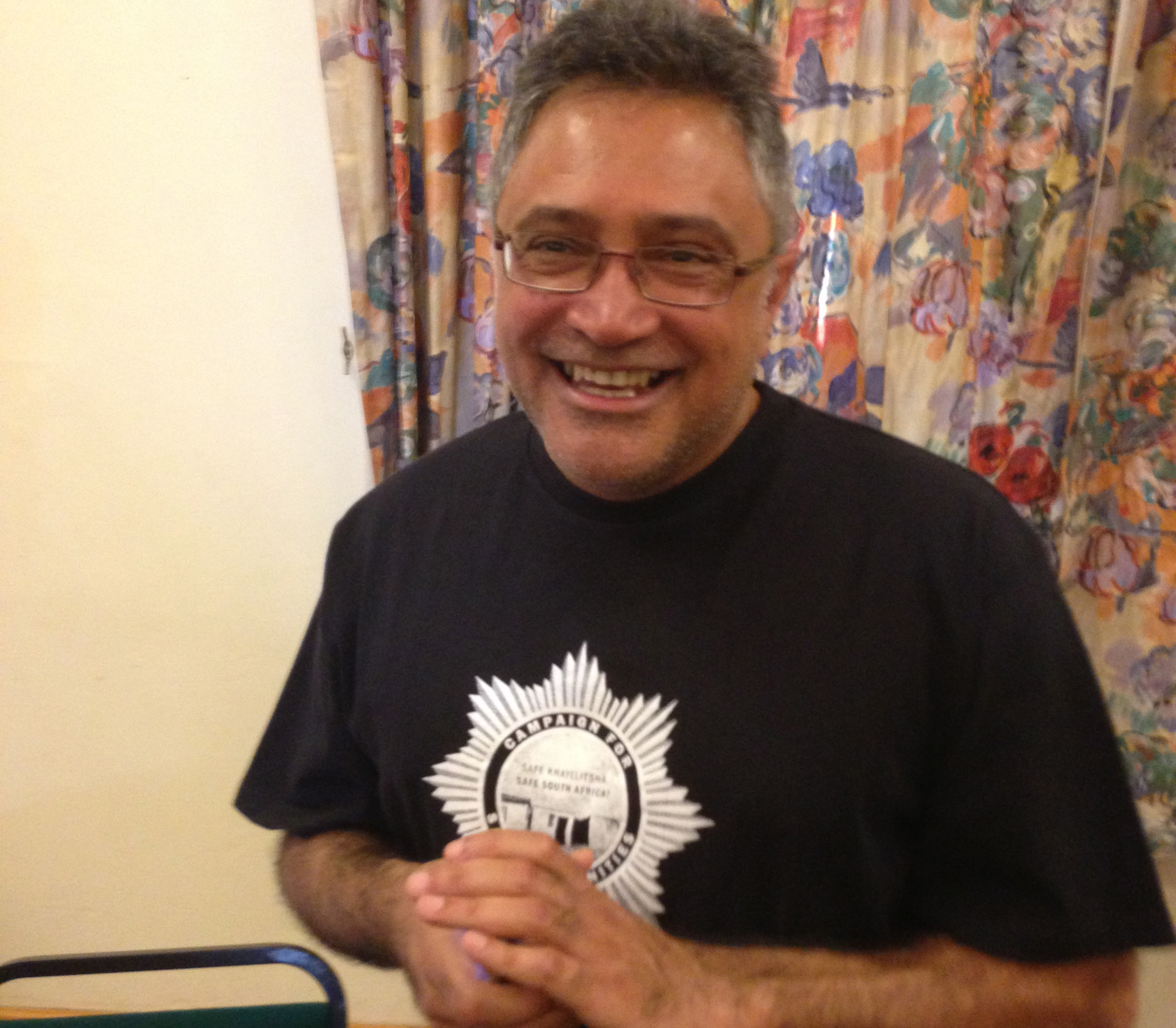Newcomers to the political field, Zackie Achmat, Songezo Zibi, Chris Pappas, and Mmusi Maimane, discussed what they believe is needed to fix SA, writes Lerato Mutsila
“People have lost faith in a representative democracy. What is critical for us, for every one of us, is to focus on what the Constitution promises us. Every one of us here needs to commit to fixing the state because without fixing the state and without ensuring that people understand what Section 195 of the Constitution says, we will not realise the Bill of Rights.”
These were the words of activist-turned-politician Zackie Achmat as he took the stage at Daily Maverick’s The Gathering Twenty Twenty-Four, on Thursday, 14 March 2024, at the Cape Town International Convention Centre.
Section 195 of the Constitution says that the public administration must be in accord with a high standard of professional ethics while promoting the efficient, economic, and effective use of resources.

Achmat, who has thrown his hat into the ring as an independent candidate for the 29 May polls, was joined by the DA’s KZN Premier hopeful and uMngeni Mayor Chris Pappas, Rise Mzansi leader Songezo Zibi, and Build One South Africa’s (Bosa) presidential hopeful Mmusi Maimane on the “New Blood” panel discussion. Each panellist is shaking things up in their own way and bringing fresh ideas on how to tackle the issues facing South Africa.
“South Africa and KwaZulu-Natal is flooding, and we need plumbers who can fix the problem. We need electricians, regardless of their race or their background or politics, who can fix the problem,” Pappas said.
“We’re going to an election where people want plumbers and electricians, and they want doctors and pilots who are sufficiently qualified, and sufficiently to be able to fix the serious challenges that we’ve heard people unpacking today.”
Zibi said one way to fix the nation was to move away from the notion of the professional politician. Before launching Rise Mzansi in 2023, Zibi had worked in corporate communications and as editor of Business Day.
“We have believed a lie in South Africa that in order to participate in politics meaningfully, you must be a professional politician. I think we must try as hard as far as possible to dismiss that notion, because the capable state that Zackie is talking about is not going to happen if we have a belief that if you start in the private sector, you stay in the private sector for the rest of your life,” Zibi said.
After Maimane left the DA in 2019, he championed the cause of independents hoping to contest elections and has since made a comeback with his new party, Bosa.

“I left Parliament in 2019. I went out, having understood that parliamentary experience, having come from the church community and civil society and that leadership, and said, ‘What additional skills do I need to add to the arsenal if you want to stand up in a position of leadership?’” Maimane said.
His time away had equipped him with a new arsenal of tools, making him a better leader and better able to serve the country.
“What we’ve got to answer, the question for South Africans is, ‘What is their tomorrow going to look like?’” Maimane said.
Black economic empowerment
In its manifesto, the DA announced that it would do away with Broad-Based Black Economic Empowerment (BBBEE) and replace it with an economic justice model based on the UN’s Sustainable Development Goals.
When pressed on this by the panel’s moderator, Daily Maverick associate editor Ferial Haffajee, Pappas said it was important to differentiate between the concept of empowering disadvantaged black South Africans and the ANC’s BBBEE policy, which he claimed had failed because the politically connected benefited while real business people were not getting the support they needed.
“What we really need to see is the word itself: black economic empowerment. Not the ANC’s policy, but an entire transformation, entire empowerment of a class of people or a group of people who have been systematically excluded from benefiting from the economy.
“That means scrapping the ANC’s version of black economic empowerment. It means making sure that a small black business owner can participate, whether it’s in government tender systems or big business,” Pappas said.
Coalitions
A coalition on a national level is becoming increasingly possible in this election cycle. As such, a heated debate on coalitions ensued when the question was posed on why Rise Mzansi and Bosa didn’t join the Multi-Party Charter (MPC), an 11-party pact that commits parties including the DA, IFP, ActionSA, Freedom Front Plus, ACDP, and others to try to form coalitions where no party wins a majority.
Maimane said that while he was open to working in a coalition, the parties in the MPC had jumped the gun when forming the grouping.
“There are voters who are undecided at this point and are looking for something different from what the DA and some of the parties [in the MPC] are offering. We have to speak to those voters and, if need be, form a coalition after the election. You don’t need to do it before,” Maimane said.
Pappas hit back, saying South Africa needed something greater than individual political parties bickering.
Maimane responded: “I have no problem with speaking to John Steenhuisen and talking about where this country needs to go, but it has to be premised on working together. If we can’t agree on those, whether we like each other or not is irrelevant. We cannot coalesce only to remove the ANC. We have to coalesce with the purpose of changing this country.”
On coalitions, particularly the MPC, Zibi said that when you invited someone to form a coalition, you needed to know what they stood for, echoing Maimane’s claim that the MPC had jumped the gun.
“Let’s think about this rationally. So, at the time the MPC came out, we hadn’t held our convention at all to bring together all of these people that we’ve been working with in communities across South Africa and so on. So you agree, you go into this kind of arrangement representing who exactly in that arrangement? So there’s a legitimacy question there,” Zibi said.
“We hadn’t tabled our manifesto, but you want to get into a coalition? On what basis? That sounds like politics of convenience.” Zibi said that while he had his reservations about coalition politics, he was open to joining one once the elections had been held.
Achmat, on the other hand, fully supported coalitions, saying: “My position is very clear. I’ll support any coalition that stands for the rule of law and that, above all, is pro-working class. That is the coalition I will support.”
Offer to young people
One of the key issues going into this election is the need for new blood and young blood. The panellists were asked what they had to offer young people in South Africa.
Zibi said that Rise Mzansi had made the conscious decision to place young people at the centre of the party’s politics, with their youngest candidate being 21 years old.
“The message that we have for young South Africans is that it is not for political parties to do things for you while you stay outside the political system. You need to be inside the political system so that you can drive the issues that are important for young people. And we decided to do that in practice by integrating young people into all leadership and political structures of our organisation and our elections list.”
Achmat said that the time of old leaders had ended.
“I believe young people are not the future, they are now. I believe that, as older people, we have a duty to support young people. That is our job, not to lead.”
Lerato Mutsila is a South African journalist with proficiency and training in multi-media journalism.
This article originally appeared on Daily Maverick and is published with permission.

